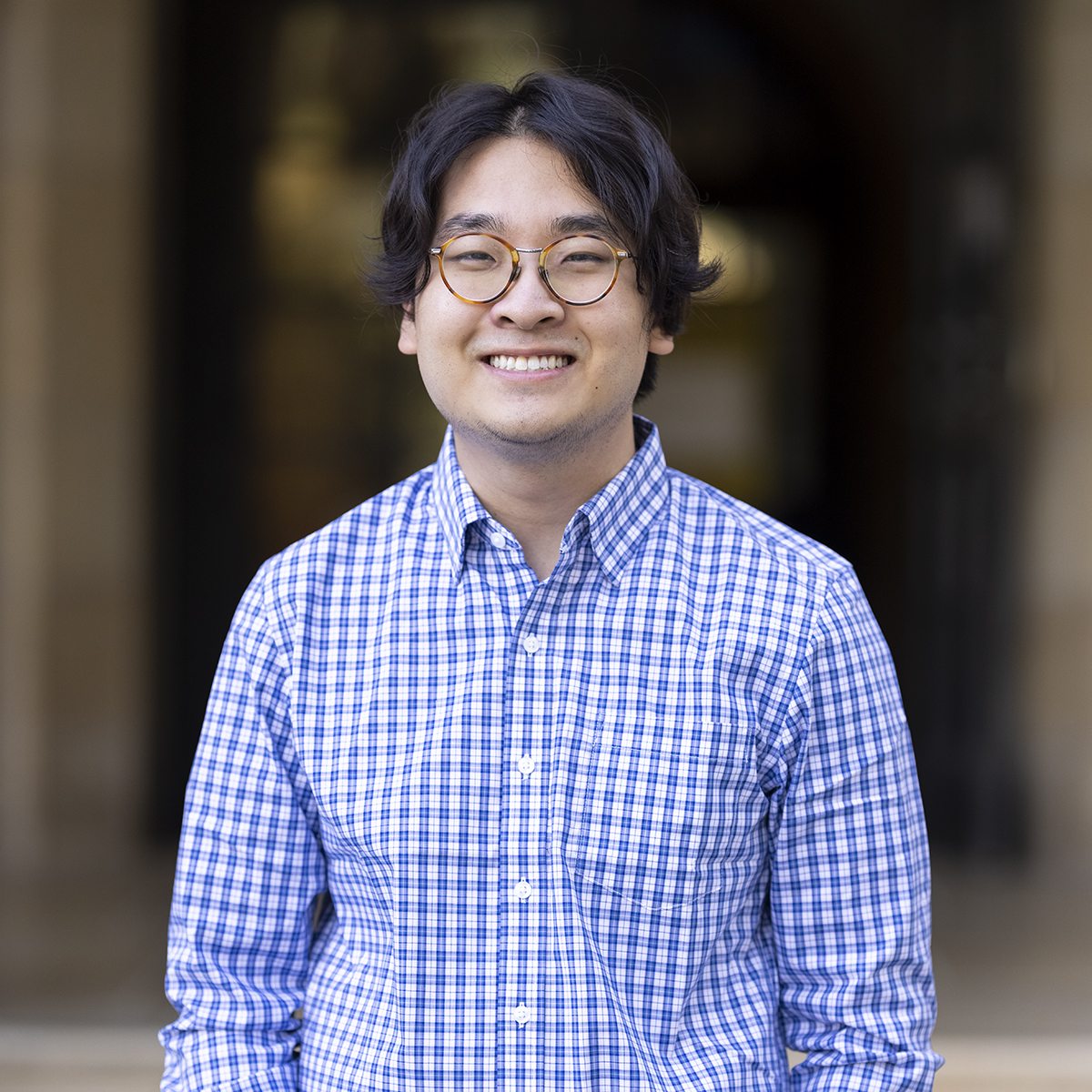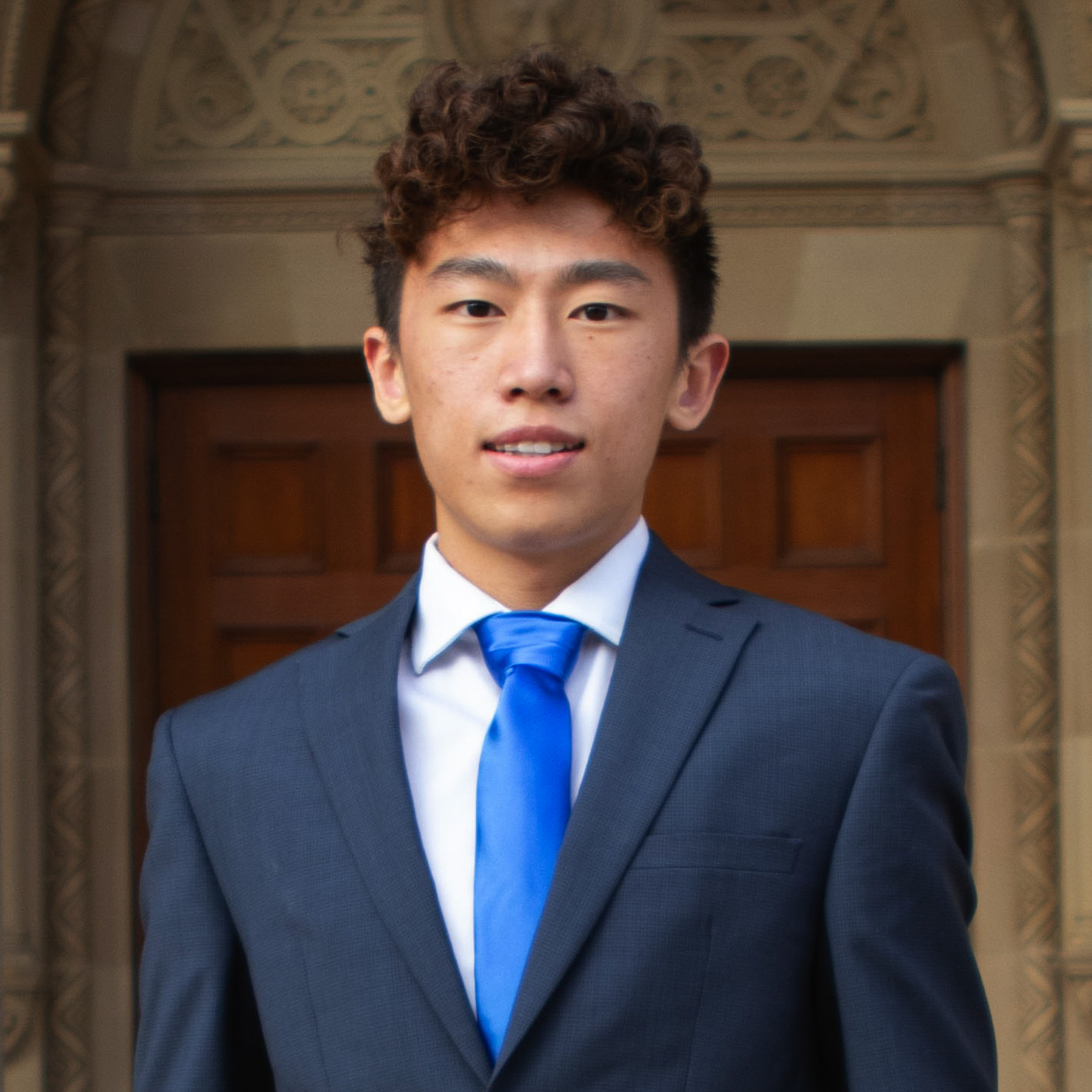IN THE NEWS:
Jung was a senior staff reporter and a photographer for the Bruin. He was a 2021-2022 assistant News editor for the campus politics and city and crime beats. Jung was also the 2020-2021 assistant Enterprise editor.
Jung was a senior staff reporter and a photographer for the Bruin. He was a 2021-2022 assistant News editor for the campus politics and city and crime beats. Jung was also the 2020-2021 assistant Enterprise editor.
Qu was the 2021-2022 Editor in chief. He was previously the 2020-2021 campus politics editor and a contributor for The Stack. He studied statistics and political science at UCLA.
Qu was the 2021-2022 Editor in chief. He was previously the 2020-2021 campus politics editor and a contributor for The Stack. He studied statistics and political science at UCLA.
COMMENTS


